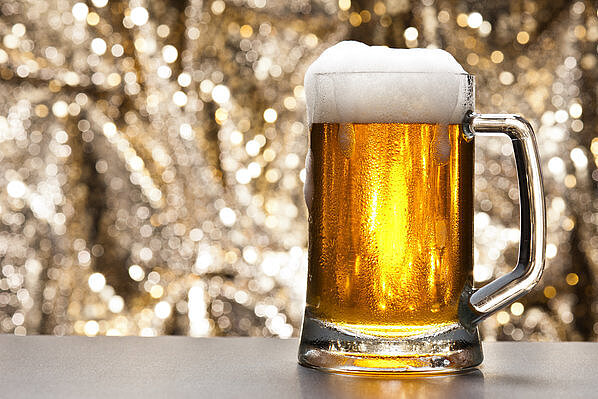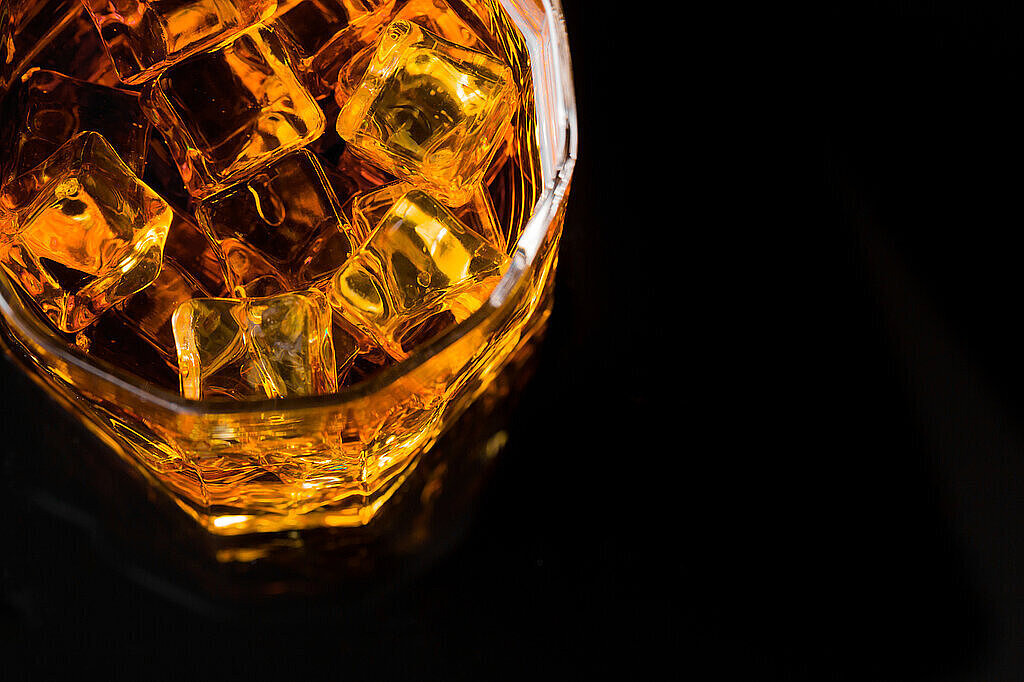Liqueur

The effect of liqueur on dogs
Alcohol is generally toxic to dogs and can lead to severe symptoms of poisoning. The symptoms of alcohol poisoning in dogs include vomiting, diarrhea, tremors, ataxia, respiratory distress, tachycardia, coma and death. The lethal dose of alcohol for dogs is around 8 grams per kilogram of body weight. This means that even a small dog weighing 5 kilograms could die after drinking around 40 milliliters of liqueur.
The reason for this is that dogs are much less able to break down alcohol than humans. The alcohol enters the bloodstream via the mucous membranes and is converted to acetaldehyde in the liver. This substance is even more toxic than alcohol and can damage the cells. Alcohol can also lower blood sugar levels and lead to hypoglycemia, which can also be life-threatening.
The benefits of liqueur for dogs
Are there any benefits of liqueur for dogs? The answer is: No. There is no scientific evidence that liqueur is healthy or beneficial for dogs. On the contrary: in addition to alcohol, liqueur also contains sugar or other sweeteners, which are also harmful to dogs. Sugar can lead to tooth decay, obesity and diabetes. Liqueur can also trigger allergies or intolerances if it contains fruit or herbs that the dog cannot tolerate, for example.
The disadvantages of liqueur for dogs
The disadvantages of liqueur for dogs are therefore clear: liqueur is poisonous for dogs and can lead to serious health problems or even death. There is no reason to give a dog liqueur or allow it access to liqueur. Although it may seem funny to see a drunk dog, it is actually animal cruelty and punishable by law.
What to do if the dog has drunk liqueur?
If the dog has accidentally or deliberately drunk liqueur, you should consult a vet immediately. Depending on the amount and time of consumption, the vet may try to make the dog vomit or perform a gastric lavage. They can also give the dog medication to alleviate the symptoms of poisoning and support liver function. The quicker you act, the greater the chances of your dog surviving.
Liqueur is absolutely taboo for dogs and can be fatal. There are no advantages of liqueur for dogs, only disadvantages. If you want to do something good for your dog, give him water or a healthy treat instead. And if you like to have a drink yourself, make sure your dog doesn't have access to your glass or bottle.
Properties 3
Are you looking for other ingredients with a specific property?
Just click on them to find more.
If you notice any signs of hypersensitivity or poisoning in your dog, you should see your vet immediately. We are not a substitute for a vet, but we try to be as accurate as possible. Every dog reacts differently and we recommend you get a second opinion or consult your vet if in doubt.
Stay healthy and take good care of your four-legged friend!😊
Similar to Liqueur
Beer is a beverage made by fermenting starchy substances. Barley, wheat or other types of grain are usually used for this. During fermentation, yeasts convert the sugar into alcohol and carbon...
Alcohol is a cytotoxin that can cause major damage to the entire organism. It impairs the function of the nerves, brain, heart and liver. The symptoms of alcohol poisoning in dogs...
Whisky contains ethanol, a substance that is very harmful to dogs. Ethanol can lead to symptoms of poisoning in dogs such as vomiting, diarrhea, breathing difficulties, tremors, convulsions and...
Vodka can be toxic to dogs, especially if they drink too much of it. It can cause nausea, vomiting, dizziness and even breathing problems. It can also damage the dog's liver and kidneys and lead to...



